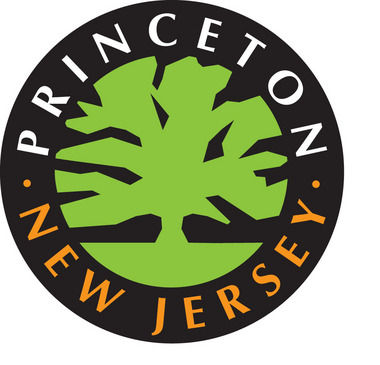By Philip Sean Curran, Staff Writer
Environmental advocates are pressuring the Princeton Council to take greater measures to reduce trash waste in town, including charging residents based on how many trash bags they throw out.
Representatives of the Princeton Environmental Commission and others have stepped up their advocacy for “progressive” measures to have less waste sent to the landfill. Overall, the town collected 5,042 tons of trash in 2014, a figure that does not include the organic material that is part of a separate collection that residents pay extra for.
On their priority list is to have Council impose a fee for plastic and paper bags assessed at the checkout line of stores; make organic composting mandatory for all residents; and have police do enforcement of ordinances that are environmentally related.
The organization, an advisory board to the Princeton Council, also endorses the so-called “pay as you throw” method in which residents’ trash removal costs are based on how much they throw out. The commission said the town should “put the cost burden of excess trash removal on the individual, not the collective taxpayers.”
Matt Wasserman, chairman of that commission, said at Monday’s council meeting that “there is a lot that we should be doing from a waste perspective that we’re not doing here as a town.” He said the strategy starts with the council adopting long-term waste reduction goals, and he urged officials to come up with a plan.
Mr. Wasserman, an executive with Church & Dwight in his day job, said he found it regrettable that the ordinances that seem not get enforced are the ones related to the environment, like not recycling. Mercer County collects Princeton’s recycling and is the enforcing entity in that case.
“I would even suggest that if we for a day, maybe a day a month, took our police force and instead of giving out moving violations, we gave our violations for all of the environmental issues that we see around town, we’d probably make money for the town,” he said.
The town is seen as a leader in the environment, recognized with silver status by Sustainable Jersey, an environmental organization.
Princeton was the first town in the state to offer residents curbside collection of organic composting, like all food, soiled papers, yard waste. So far, roughly 1,200 households voluntarily participate out of about 7,200, with each paying $65 for the year.
Municipal recycling coordinator Janet Pellichero said Wednesday that she wished the participation rate was higher but said she is happy with the number. According to Councilwoman Jo S. Butler, the town has to subsidize the program, since it is “not fully paid for by the people who participate ….”
In 2014, the town collected 419 tons of organic food waste, yard waste and other material through the program. From there, the material goes to a facility in Royersford, Pennsylvania, and turned into compost, Ms. Pellichero said.
Ms. Pellichero said the town could handle organic collection for all 7,200 households, although she thinks it should be phased in gradually rather than made mandatory all at once.
“I would rather see a phasing in over time so that people are educated properly so that our compost product is valuable to our composting facility,” she said.
The council is also hearing calls to enact a 5-cent-charge that merchants would assess their customers for every plastic or paper shopping bag they use. The town is waiting to get legal advice on whether it has the authority to take such an action. Town attorney Trishka W. Cecil said Monday that she would have a legal opinion this month.
For her part, Mayor Liz Lempert is seen as a fellow traveler in the environmental movement. She urged the advocates to see if they could help the town identify which proposals could save money for either the municipality or residents.
“I would say that often times being environmental and being fiscally responsible go hand in hand,” she said.

